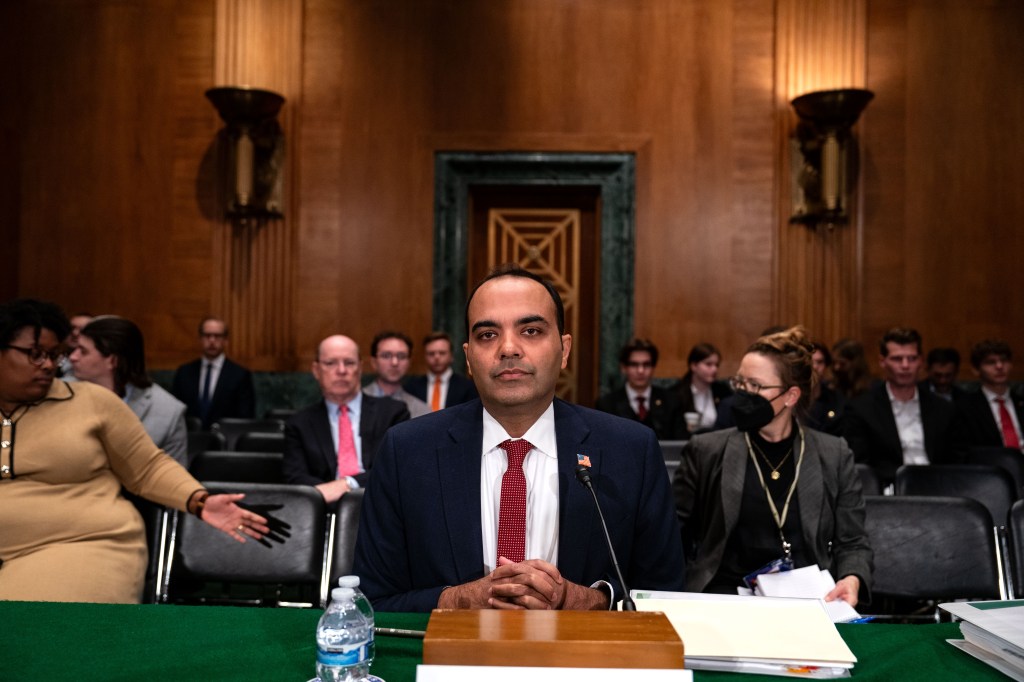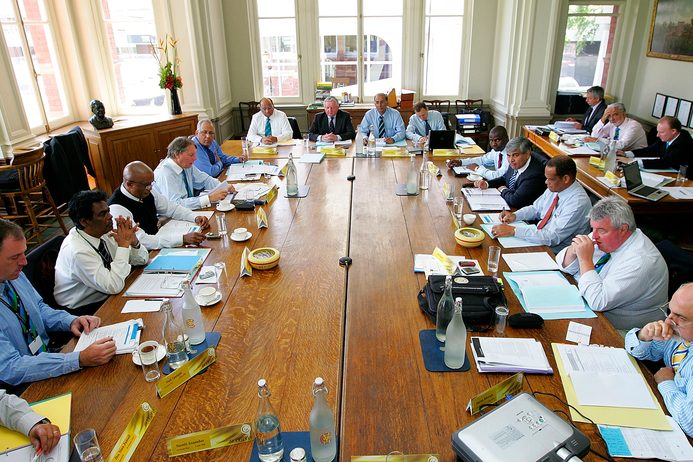Foreign boards of trade will be able to grant direct access to their systems after a rule amendment by the commodities regulator.
The Commodity Futures Trading Commission (CFTC) announced that it is amending part 48 of its regulations. This will permit a registered foreign board of trade (FBOT) to provide direct access to its electronic trading and order matching system to an identified member or other participant located in the United States. Members must also be registered with the CFTC as an introducing broker (IB) for submission of customer orders to the FBOT’s trading system for execution.
CFTC is also establishing a procedure for an FBOT to request revocation of its registration.
More intermediaries, more access
Under Part 48 of the CFTC’s regulations, an FBOT must be registered with the Commission in order to provide its members or other participants located in the US with direct access to its electronic trading and order matching system.
Thanks to the Dodd-Frank Act, the CFTC was given the go-ahead to adopt rules and regulations requiring FBOTs that wish to provide US persons with direct access to register with the Commission.
Prior to enactment of the part 48 FBOT registration procedures in 2011, FBOTs relied on no-action letters that were requested by the FBOT and issued by CFTC staff so as to provide direct access to US persons.
Part 48 provides the procedures, requirements, and conditions to be met by FBOTs that seek to provide their members and other participants in the US with direct access to the FBOT’s trade matching system.
In March, the CFCT released a proposal to broaden the types of intermediaries eligible for direct access for submission of customer orders to the FBOT to include IBs registered with the CFTC as such and located in the US.
An IB is generally defined as an individual or organization that solicits or accepts orders to buy or sell futures contracts, commodity options, retail off-exchange forex or commodity contracts, or swaps but does not accept money or other assets from customers to support these orders.
The rule currently only includes certain futures commission merchants, commodity pool operators, and commodity trading advisors as intermediaries that are eligible for entering orders on behalf of customers or commodity pools (in the case of CPOs) via direct access on a registered FBOT.
In addition, the new rule seeks to provide registered FBOTs with a procedure to request revocation of their FBOT registration.
Commissioner Pham supporting statement
CTC Commissioner Pham issued a statement about the new rule to say FBOTs have been a critical piece of the CFTC’s markets for decades and provide access for US market participants to non-US markets “in realization of the global economy and international business.”
She continued: “I believe that the FBOT Final Rule will provide more choice in brokers and broker arrangements for U.S. market participants that trade foreign futures and ensure that appropriate customer protections are in place.”













